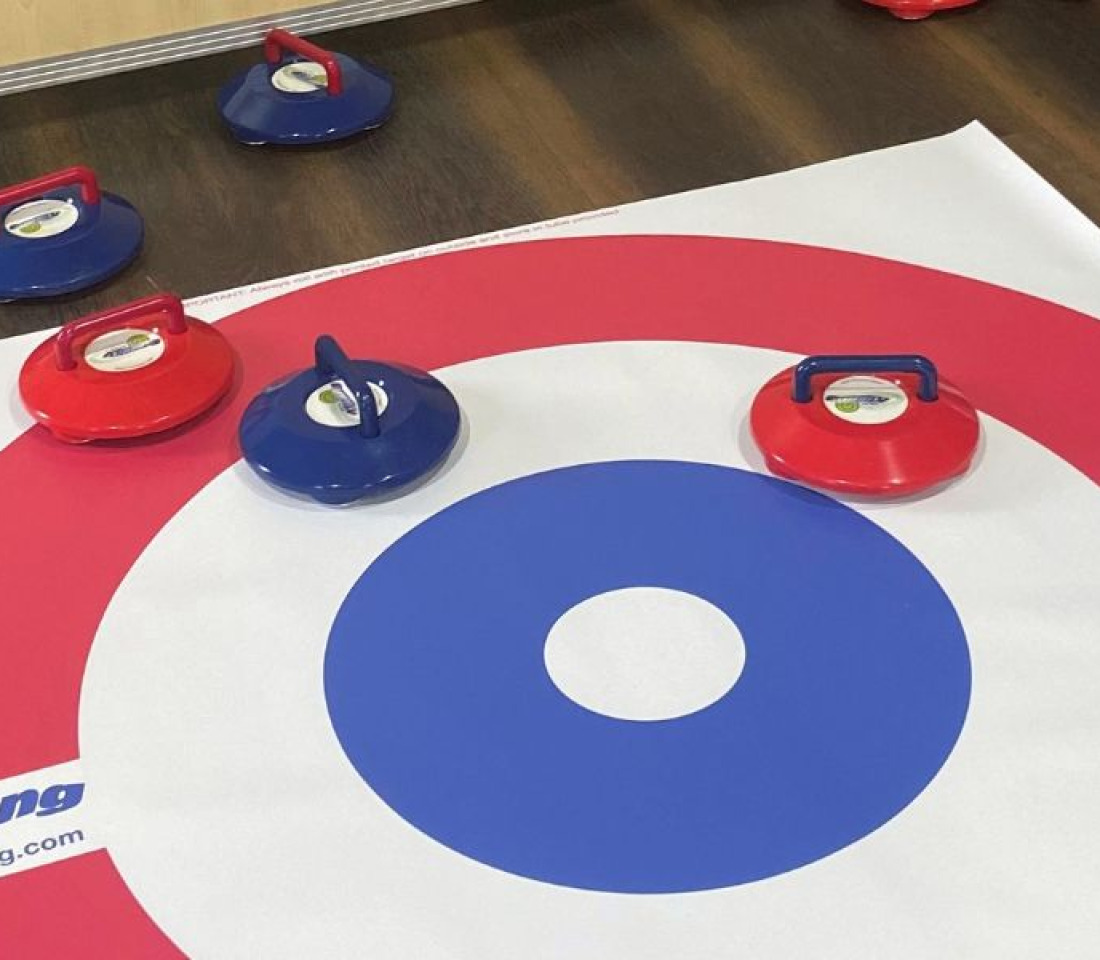An artistic response to benefit stories
The artist Lindsay Lowcock has designed an artistic response to benefit stories in collaboration with Louise Hardwick from the University of Liverpool, Aidan Worsley from the University of Central Lancashire and The Brain Charity.
This installation is part of a wider dissemination strategy to report on the findings from a study entitled seeking recognition for people with severe disabilities on benefits.
Voice is an important part of inclusion in life: being recognised; taking part; being heard. The participants in the study, including clients from The Brain Charity, were given a rare opportunity to vocalise their experience. In response, Lindsay has designed an installation to display their voices.
This will be achieved by the voices of the participants becoming vocal performances that will be heard through six monolithic speakers. Each performance will consist of one word taken from the study which distils their experience of depending on disability benefits.
Like the standing stones of death monuments, the speakers will create a space for the viewer-experiencer to wander around and hear the individual voices.
The combined audio and physical interactional experience will create an oppressive, confining, baffling, and demoralising response, akin to that experienced by study participants.
Beyond the field of sound, a light is to be situated: a tall and thin slit of simulated sunlight. This represents Judith Butler’s 2016 concept of recognition.
In contrast, in the field of sound, the vocal performances and the people they represent occupy a hinterland not comprehended to the unimpaired, and in that hinterland they remain unrecognised.
The free exhibition will be open to visit at The Brain Charity from 11am – 4pm on 18th May – 21st May. No tickets are required.
Reserve your free place
| Date | Saturday, 21st May, 2022 |
|---|---|
| Starts | 11:00 |
| Ends | 16:00 |
| Venue | The Brain Charity |
| Address |
Norton Street Liverpool L3 8LR |













